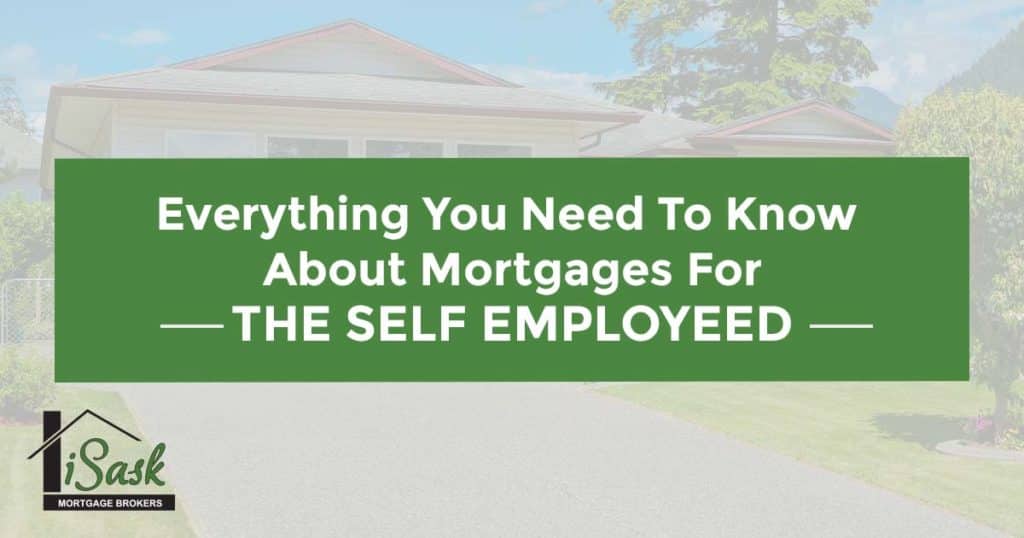Mortgages For The Self-Employed: Details To Know

Navigating the mortgage application process as a self-employed person in Canada can be a bit complex and challenging at times. Here are some things to note for those looking for a mortgage:
- Providing Income Verification
Without the use of traditional pay stubs, employment letters or T4s, self-employed individuals must be able to prove their income with alternative documentation. Some options for this include:
- Two years of personal tax returns
- Incorporated businesses can provide 2 years of business financial statements
- Notice of Assessments from the Canadian Revenue Agency (CRA)
- Evidence of existing business such as articles or incorporation, a business license or other government documentation
Lenders will typically consider the average of 2 year’s worth of verified income when considering the mortgage application. It is advisable to try and keep the income stable or consistent each year to make the application process a bit easier.
- The Role of Credit Scores
A crucial part of the mortgage application process is the credit score as this offers lenders insight on how an applicant handles their financial responsibilities. The higher the credit score, the better overall. If scores are lower, it may be advisable to work on improving the scores through consistent, on-time payments to credit cards or other obligations as well as keeping balances low and minimizing credit inquiries.
- Expectations for Down Payments
The minimum down payment for a mortgage in Canada is 5%, however, self-employed individuals may be required to have a larger down payment to help offset risks associated with less stable incomes. Consider down payments of 10-25%, which may be a requirement, depending on the lender, but will also help lower overall monthly payments. Larger down payments can give a lender more tools to allow lenders to extend how much you can borrow on your tax reported income.
- Debt Service Ratios
There are two primary debt service ratios mortgage lenders may use to evaluate self-employed eligibility. The first is the Gross Debt Service ratio (GDS). This is the percentage of your household income that could be used to service housing costs. The standard maximum ratio cannot exceed 39%.
The second ratio is the Total Debt Service ratio (TDS). This is the ratio that covers the percentage of monthly household income for housing costs and other debts. The standard maximum ratio cannot exceed 44%.
- The Value of Mortgage Brokers
The mortgage process can be particularly complex for self-employed individuals, which is why working with a knowledgeable mortgage broker can be useful. Mortgage brokers have access to a variety of traditional and non-traditional lenders, mortgage products and more, enabling them to find the most suitable options for self-employed applicants.
- Alternative Mortgage Options
If a traditional mortgage option is not a viable solution, there are some alternative options for self-employed individuals. These options include:
- Lenders and Products that allow Self Employed applicants to extend their debt service ratios beyond 39% & 44%.
- Lenders and Products that allow use of Bank Statement deposits to show income earned rather than personal tax returns.
- Lenders and Products that allow an applicant to state their income, using a reasonable stated number based on their profession.
Although it may be more challenging to seek mortgage financing as a self-employed person, it is far from impossible. With proper documentation, strong credit, adequate down payments and the right people working together, there are mortgage options available for self-employed Canadians looking to buy property.
